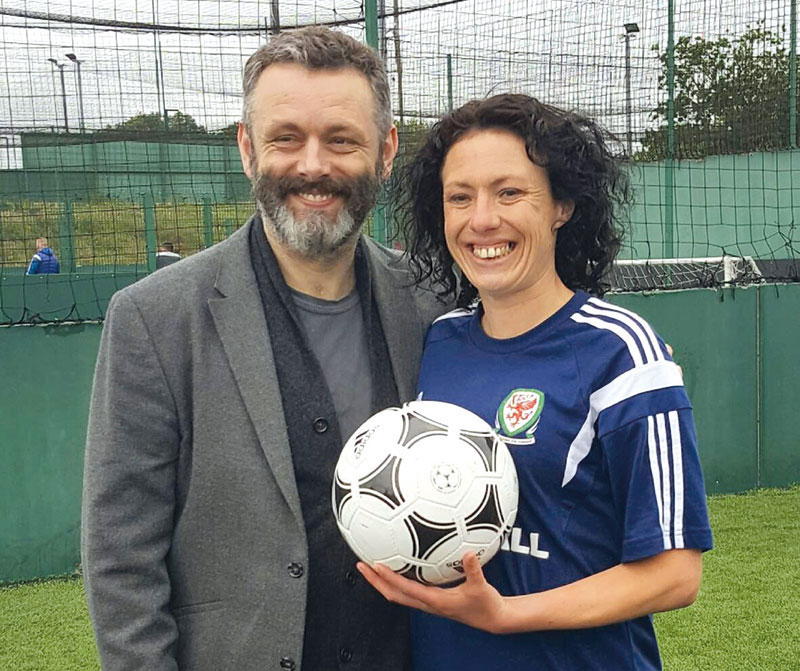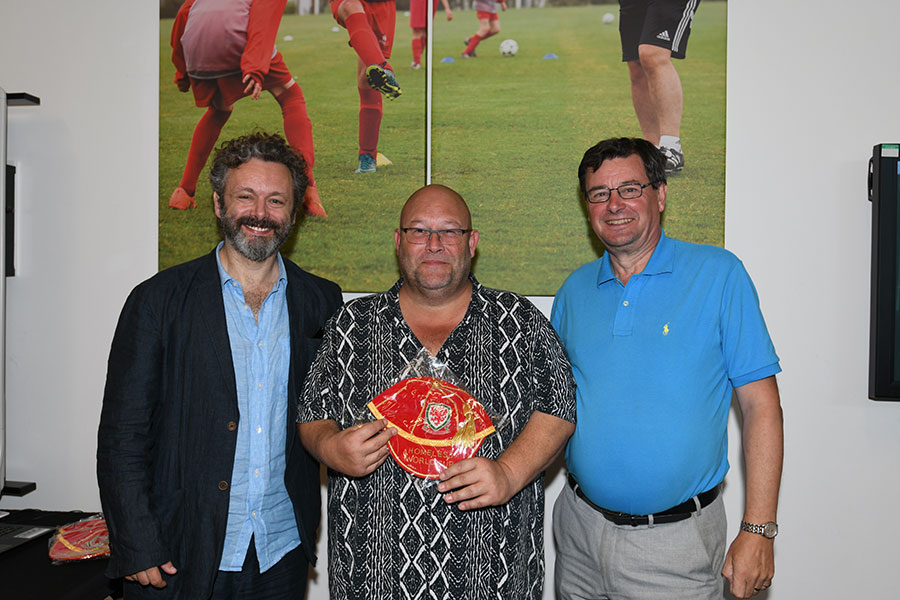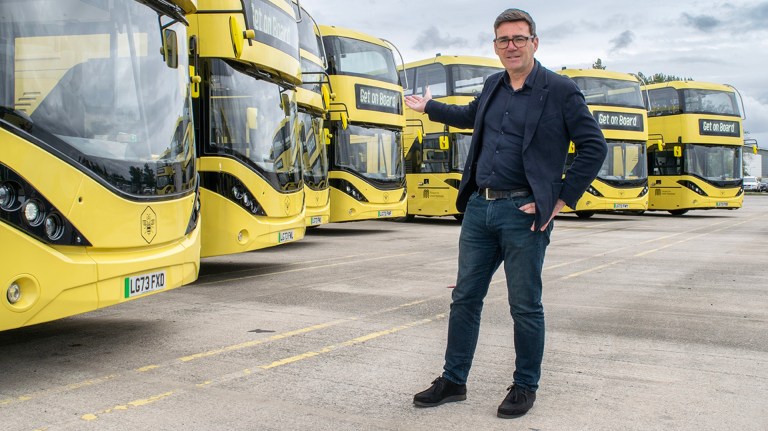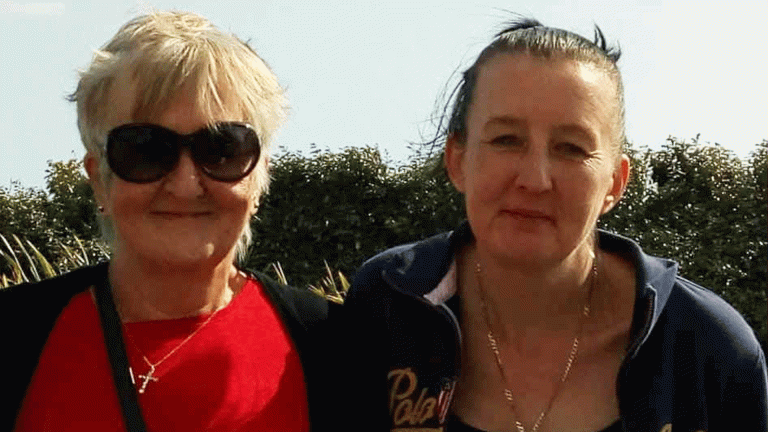I’d never seen anything like the joy on the face of the woman not 50 feet in front of me wearing the red jersey and spinning like the happiest top in the world. Her name was Dee. She’d just scored her first ever goal. Anywhere. Ever. And she’d scored it for her country – Wales. An hour earlier she’d been telling me what it was like to come out of prison and live on the streets for four years addicted to heroin. Now, she was looking forward to getting home and having the chance to see her children for the first time in months. It doesn’t matter if you’re Gareth Bale or Dee Sansome, pulling on that jersey to represent your country – that changes you. And that’s what the Homeless World Cup is all about: the chance for change.
When I was first asked to become patron of Street Football Wales, I’ll be honest with you, I didn’t get it. Why spend money and time on football for homeless people when surely it would be better spent dealing with the homelessness itself? When I saw how people were drawn to the football, people whom it would be almost impossible to connect with otherwise, I began to see the possibilities of what was happening there. People who had been isolated and excluded for years were making friends, finding some long-lost self-confidence, motivation to change, some dignity and pride instead of judgment and stigma. I saw that this approach could be transformational.

A wonderful man called Keri Harris has brought hundreds of people through this process since he founded Street Football Wales in 2003, and 16 years on, 30 teams of men and women who’ve experienced homelessness are regularly playing football across Wales. He has taken a Wales side to every Homeless World Cup since the first tournament in Graz, Austria.
And it was with Keri, and the Welsh men’s and women’s teams, that I went to Oslo for my first tournament in 2017.
I’ve played in football games in some of the most overwhelming refugee camps in the world. I took part in a match in a Bangladesh camp with the young, persecuted men of Rohingya where there were hundreds watching and cheering and, at times, even more than that number actually playing.
I’ve stood with soldiers as young as eight or nine in Chad as they told me about the horrors they’d seen and even taken part in. We struggled to understand each other but when the football came out, no words were needed. We laughed and played together on a piece of scorched wasteland until it was too dark to see each other’s smiling face any longer.










